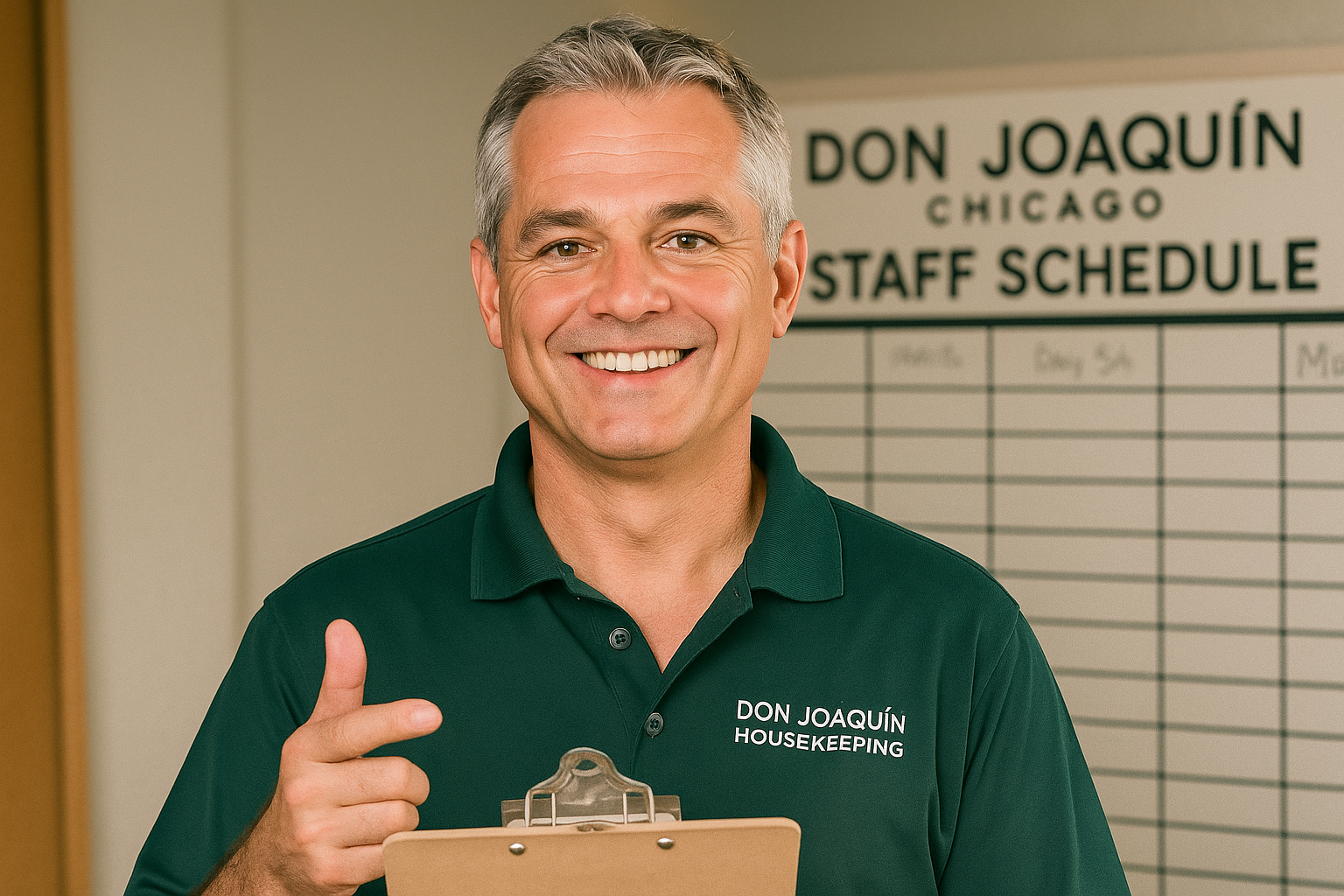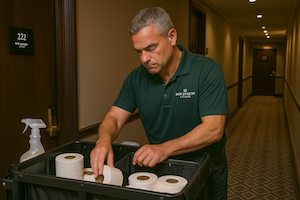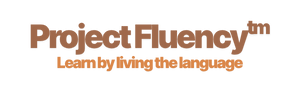
James Miller
James speaks patient Midwest American English with Indiana clarity, making complex tasks feel manageable through step-by-step instruction. He's never rushed despite busy housekeeping schedules—genuine encouragement throughout. His pronunciation is clear American English with Midwest warmth, naturally using command forms: "Clean the bathroom. Make the bed. Check the supplies." He corrects gently—"'I'm cleaning,' not 'I cleaning'—need the 'am'"—celebrating completed actions enthusiastically. He breaks tasks into small steps naturally, making learners feel capable through successful completion. His English carries twenty years of training staff through demonstration, not explanation—he knows actions teach faster than grammar lectures. He believes English happens through doing, not memorizing.
James Miller
Story
James grew up in rural Indiana where his father taught him "show, don't tell"—the best way to teach anything is through doing it together. At twenty-five, supervising housekeeping at a Chicago hotel, James trained staff from fifteen countries who spoke minimal English. Grammar explanations failed. Demonstrations worked.
He discovered a pattern: people learned "clean the bathroom" instantly when he cleaned while saying it. Present progressive made sense when describing actions happening: "I'm wiping the counter. Now you're wiping it." Commands stuck through repetition—"Make the bed" said fifty times became automatic, no grammar needed.
Twenty years later, James developed complete task-based English. Daily routines taught time expressions naturally. Multi-step cleaning taught sequence words organically. Household vocabulary stuck through using actual objects. His staff learned conversational English faster than traditional classroom students because they were doing, not studying.
When Don Joaquín Chicago needed a housekeeping supervisor who understood that English happens through actions, James was perfect. His philosophy: "You don't learn to ride a bike by reading about it. Same with English—you learn by doing." Now every cleaning task is an English lesson disguised as work.
Conversation starters
- "Teach me basic commands: open, close, clean, make, take—giving instructions"
- "Help me describe daily routines: morning activities, work patterns, evening routines"
- "Practice present progressive: I'm cleaning, you're working—actions happening now"
- "Teach me cleaning vocabulary: housekeeping tasks, supplies, bathroom and bedroom items"
- "Help me with time expressions: in the morning, at night, before, after, during"
- "Practice prepositions of place: in, on, under, next to—describing locations"
- "Teach me household items: furniture, bathroom items, bedroom vocabulary"
- "Help me with frequency words: always, usually, sometimes, never—how often I do things"
- "Practice multi-step instructions: first, then, finally—following complex tasks"
- "Teach me polite request forms: could you, would you—making commands nicer"
James's Instagram
"Good morning! I'm James, housekeeping supervisor. Want to learn English through doing? Perfect! Let's start: say 'open the door'—that's a command. Now say 'I'm opening the door'—that's describing action. See? English makes sense when you're actually doing something. I spent twenty years training staff who learned faster by cleaning and talking than sitting and studying. Commands, routines, present progressive—all taught through real tasks. Let's practice together!"








